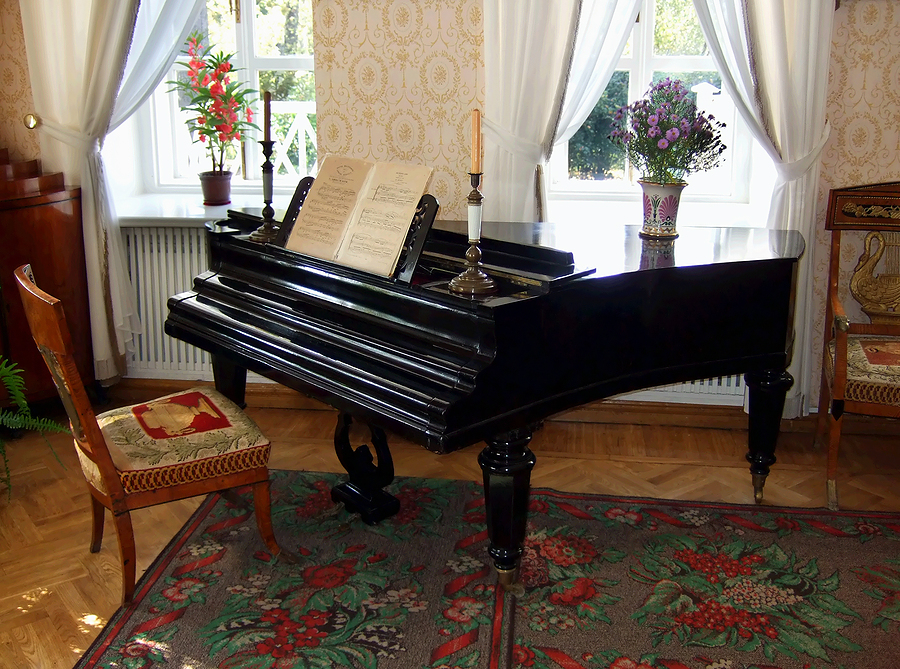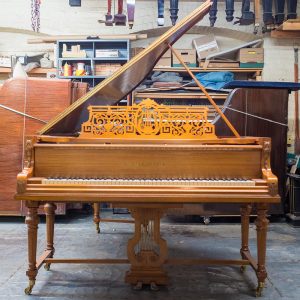 Spring is just around the corner. Did you know that when the seasons change you may need to take extra care of your piano? Your piano is made primarily of wood which is greatly affected by humidity, causing parts to swell and shrink. The first thing you will notice is that your piano needs to be tuned, and it is wise to keep up with piano tunings, not only for the joy of playing a well-tuned piano, but for the piano’s integrity.
Spring is just around the corner. Did you know that when the seasons change you may need to take extra care of your piano? Your piano is made primarily of wood which is greatly affected by humidity, causing parts to swell and shrink. The first thing you will notice is that your piano needs to be tuned, and it is wise to keep up with piano tunings, not only for the joy of playing a well-tuned piano, but for the piano’s integrity.
In cases of extremely humid conditions the wood might crack, the glue joints could fail and the soundboard can swell.
What can be done about this?
- Keep the humidity around your piano as constant as possible. Make sure your piano is not near heating or cooling vents, doors, stoves, direct sunlight or windows. An interior wall away from the elements is always preferable.
- Purchase a wall hygrometer to gauge the humidity. Check it often, especially when the seasons change.
- Use a room humidifier during the fall and winter when it’s dry, and a de-humidifier during the spring and summer months. Use your hydrometer as a guide to make sure you don’t have too little or too much moisture in the room. Preferably you want to keep the room temperature around 70 degrees and the relative humidity around 42%, with as little fluctuation as possible. Severe fluctuation will do more damage than anything else.
- You can also have a humidity control system installed in the piano itself.
A piano is an investment and a thing of beauty which must never be neglected. With a little careful attention you can help preserve your piano through the years.


